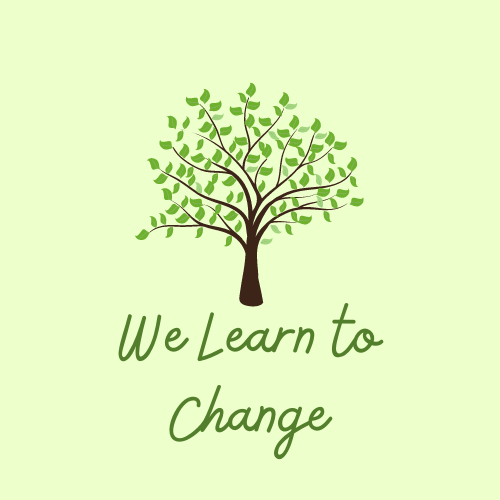In the interest of full disclosure, I work for a company that develops, markets, and sells software to K-12 institutions, but the opinions expressed in this post are my own and the company is not responsible for them.
The software includes an SIS (Student Information System), a performance management system, a special education system, and finance software. In the SIS, we have a standards-based grade book. When our product manager presented it, and the educational theories behind its development, to us recently, my first reaction was that of a parent, rather that a teacher. I thought,
You mean to tell me that students will not be penalized for missed assignments or for incomplete assignments? What?! That’s insane. You’re just inviting students to decide that the assignments aren’t important, and they won’t do them.
[aesop_quote type=”block” quote=”The Universe is made of stories, not of atoms.” size=”1″ align=”center” height=”auto” text=”#FFFFFF” background=”#222222″ width=”100%”]
That was how a lot of parents, teachers, and administrators reacted, too, when they decided to move to standards-based grading in St. Louis. The point of SBG, however, is to get an accurate “picture” of a student’s progress that does not include, for example, points awarded for doing homework. Instead, the grade produced indicates mastery of a standard, minus all the “fluff” that inflates grades and does not demonstrate true learning.
In addition, under SBG, students are able to actually master a standard. That means that they will be able to try, fail, and try again.
Another variation of the SBG theme is competency-based education. In my company’s world, they are basically the same thing, which might be a problem in some educators’ eyes, but it really isn’t. Basically, the grade book looks at the standards loaded by the district first, allowing a teacher to load assignments and assessments into the grade book under each standard measured. It allows teachers to answer the question, “How will we assess that this student has reached proficiency on this standard?” A student has to master the concept, skill, and / or standard and demonstrate mastery in order to ‘pass.’ From my understanding, that is how CBE works – it’s based on students demonstrating proficiency in some manner of a concept, skill, or knowledge. It does allow for more individualization than SBG (read the article below for a great overview), but our grade book would accommodate that level of individualization, I believe.
[aesop_quote type=”block” quote=”The Universe is made of stories, not of atoms.” size=”1″ align=”center” height=”auto” text=”#FFFFFF” background=”#222222″ width=”100%”]
When I was in grad school, I learned about a Middle School that was trying a different method of educating that refused anyone to earn less than a B. If you did poorly on a test or a project, you did it again until you earned the grade they considered acceptable. That presumes you did some remedial work in the meantime as well. In theory, that’s awesome. We would have a lot of kids, then, who would not be well-rehearsed in the ways of “doing school.” It would be a boon for differentiated instruction and personalized learning, too. Kids would be able to go at their own pace and master a concept or skill in true fashion, rather than trying to keep up with the middle. Imagine this: Kids would be allowed to make mistakes! Those who are “quick learners” (I am not among them, by the way) would be able to move on to more challenging concepts and skills and master higher standards. From what I understand, a number of online schools use standards-based (or competency-based) methods with their students. I love that idea – in theory.
In practice, it’s probably a logistical nightmare, especially for the teachers who have to keep track of each student’s progress, which could be all over the grade book map. I’m not sure that means we should abandon the idea; in fact, I think it means we should reconsider the following.
- Doesn’t the design of SBG and CBE actually mirror what happens in life?
- Do the traditional grade levels still apply in our century?
- What is more important – being on track with others, or truly learning something?
- What are we telling our kids when we espouse the ideas behind traditional academic success?
For now, I want to address the first question. In the article I referenced above, one of those who are not keen on the concept indicated that what happens in SBE and CBE does not reflect the ways of the real world. I disagree.
“That’s not how the real world works.”
Interesting. The first thing you learn when you engage in any project is this: deadlines are soft. Miss a deadline and you’ll need to explain yourself, but it’s not like it’s unexpected. Additionally, “getting something right” is more important than a deadline, and often “getting something right” means going off the rails and trying something other than what management expected. Staff takes ownership of a part of a project, and almost everything at work today is part of a project. Today, managers expect staff to be independent, knowledgeable, and flexible. Staff does not just do what it is told. Staff members start out with the goals they are given, but those goals can often shift. So, yes, this type of education does reflect the real world.
More later… It’s time to open presents!
[liveblog]
Comments
comments

